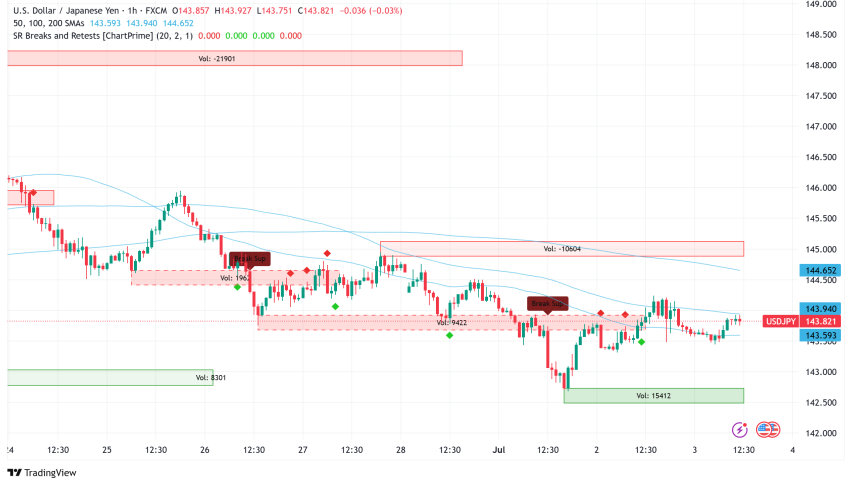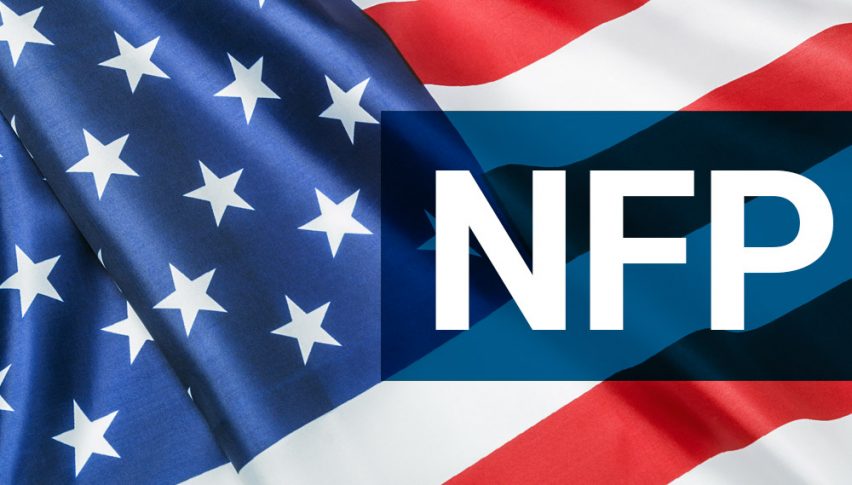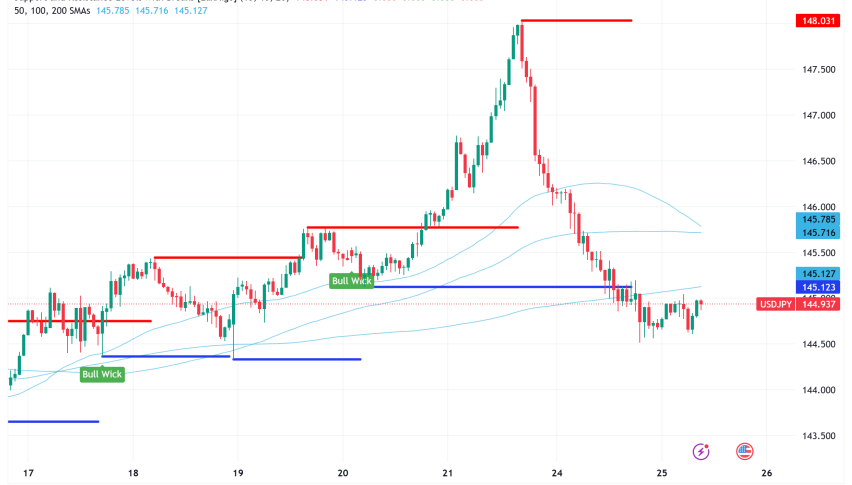NIKKEI225 Down 2.2% – The U.S. May Block Nippon Steel Acquisition of US Steel
The Japanese index is struggling with a strong yen and the news that the U.S. administration may impede Nippon Steel’s takeover of US Steel.
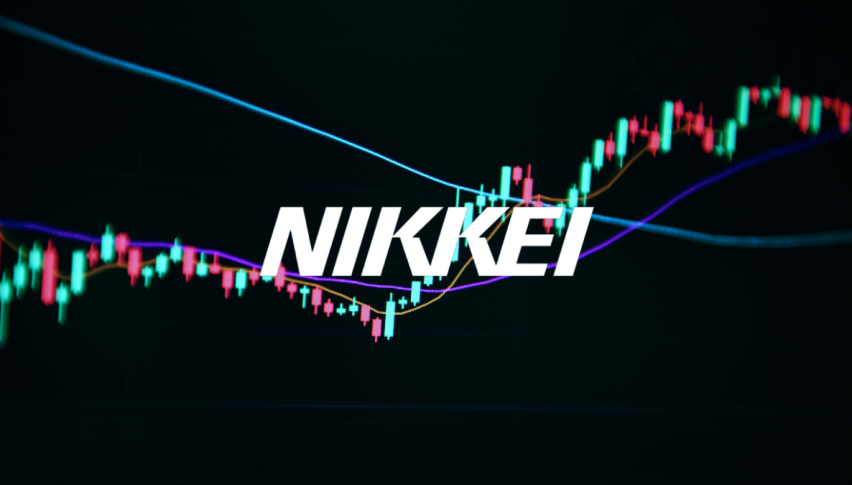
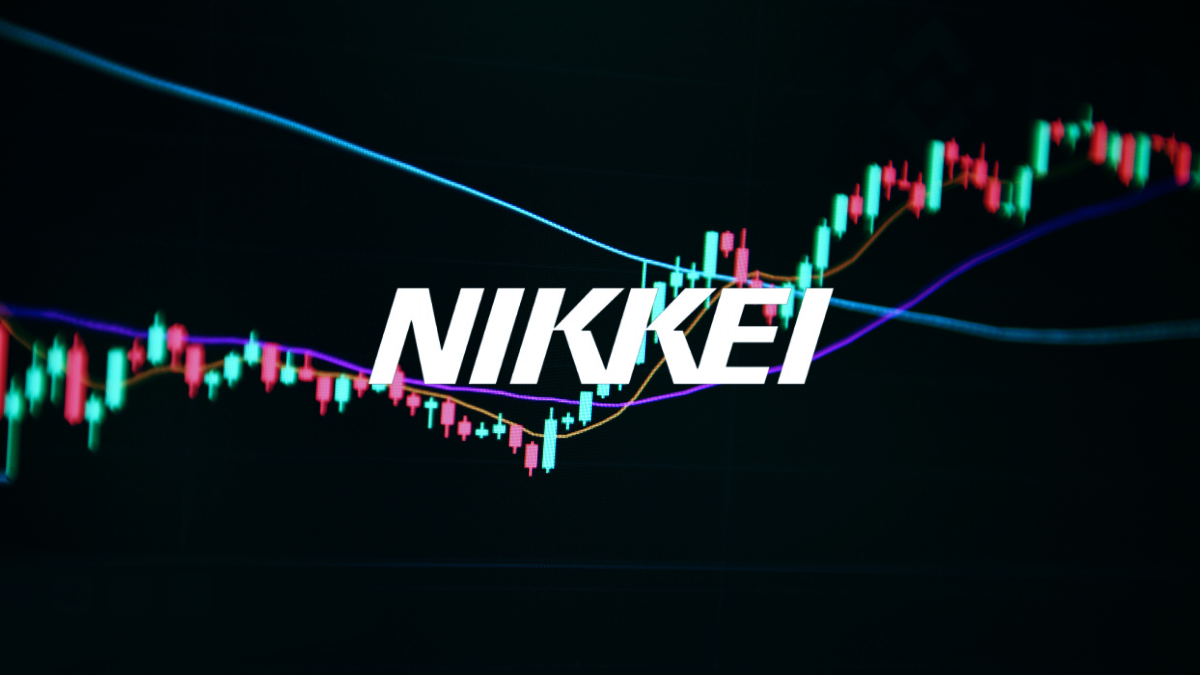
The Japanese index is struggling with a strong yen and the news that the U.S. administration may impede Nippon Steel’s takeover of US Steel.
Ishiba the likely candidate to lead the Liberal Democrat Party, and therefore next prime minister, said today that the United States is ready to block the deal that would see Nippon Steel acquire US Steel.
Joe Biden sent a letter to the companies, seen by Reuters, stating that the acquisition could damage the supply of steel the U.S. needs for infrastructure, transportation and agriculture. Reuters believes the administration is close to announcing a veto on the $15 billion deal.
The Japanese candidate for prime minister told Reuters that “I find it unsettling what the United States is doing by declaring or acting in a way that could undermine the trust among their allies”. Ishiba also added that “Lately the United States tends to impose agreements and threats also upon its allies, not only NATO members but also on Japan”.
The move by the U.S. administration can be seen as necessary to protect strategic national interests. At the same time, there is no doubt that the action may hinder bi-lateral trade agreements.
The U.S. would be treating Japan on par with other international players such as China, which the U.S. sees not only as a competitor for its hegemony but also as a hostile actor for U.S. global interests.
The Yen Game
Rumors on the street have JPM Chase placing long yen trades after the market has been unravelling yen carry trades. During the last 2 weeks the unwinding of short yen trades has given the yen rally an extra boost.
According to JPM, as of August 6, the yen carry-trade unwinding is only complete by about 50% to 60%. We can add to this news that previous forecasts by the bank see the yen appreciating by 30% over 2024.
This forecast would take the USD/JPY down to around 100, The reasoning behind the prediction is that rates in the U.S will decline, while rates in Japan will rise. The scissor effect in rates would push capital flows from U.S. bonds and into Japanese bonds.
At the same time a stronger yen would punish Japanese exports and weigh heavily on the NIKKEI225. Also, higher interest rates would slow economic expansion and give way to weaker performance from stocks.
- Check out our free forex signals
- Follow the top economic events on FX Leaders economic calendar
- Trade better, discover more Forex Trading Strategies
- Open a FREE Trading Account
